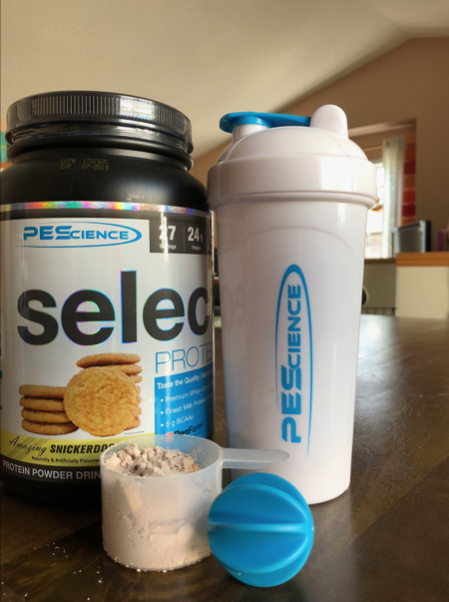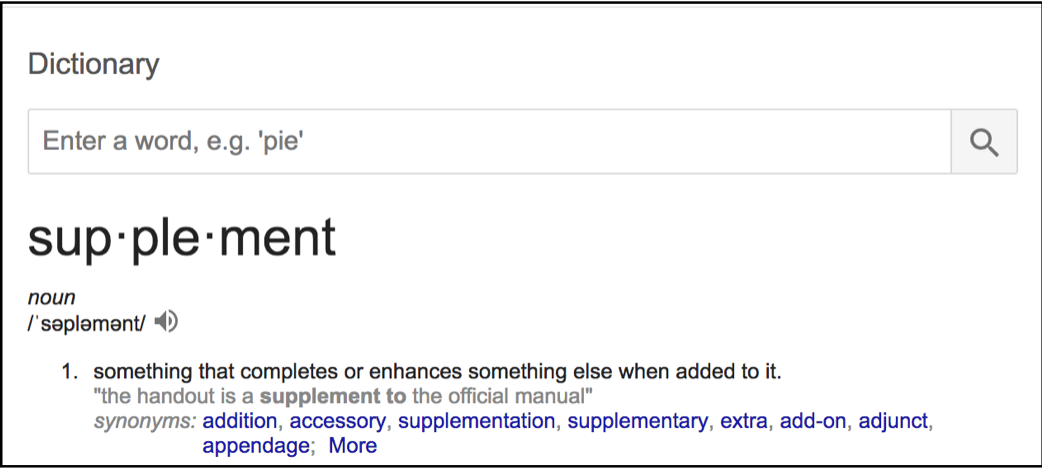
There always seems to be a huge hype about protein. I have noticed a lot of foods especially lately that are claiming to have a high amount of protein, another label to sway the consumer to buy into the product. Labels such as “great source of protein” or the next “NEW protein” version of a product now being promoted in things like our cereal, granola bars, cookies, and now even our ice cream (the possibilities are endless)! Everyone jump on the protein wagon and let’s go! Trends in food come and go, remember the low-fat everything craze?
Now don’t get me wrong, protein is a vital macronutrient and it is essential to get enough protein in your diet for a number of reasons. What I am trying to say here is that you do not want to look at a product and automatically associate “well this has lots of protein so it must be good for me and I can eat as much of it as I want” (now that might sound extreme but I have totally been here myself). Meanwhile ignoring the rest of the nutrient content like the carbohydrates, fats, and sugar content in the product. Think critically and investigate what ingredients are in the product you are interested in purchasing and do they align with your lifestyle and goals?
Consuming the right amount of protein is essential! Many nutrition textbooks will talk about protein’s as “the building blocks of life”. With good reason, we need protein to:
- Repair our cells and make new ones
- Aid in muscle recovery post-workout/ activity
- To maintain healthy hormones and a well functioning immune system
- To maintain our bodies structure (building bones, muscles, cartilage, skin, and blood)
- Assist in keeping you satiated for longer (you will fill more full after eating)!
- Have healthy hair and nails
That’s only to list a few of the things protein does for us.
Getting back to the point of this post… WHEY PROTEIN. I hear this get asked about a lot. What protein should I get? Do I need to take protein whey in order to have success? Will I get bulky if I take protein? Etc.
Whey protein is a SUPPLEMENT. What is the definition of the word supplement? Here is a picture of the first definition that comes up on the masterful Google:

Therefore a good question to ask yourself when initially deciding whether this product is right for you would then be to ask yourself this: “Am I getting enough protein in my diet from whole foods?”. Whole foods being foods that have had the LEAST amount of processing as possible, being free from additives, and other artificial substances. Whole foods will include foods such as meats, whole grains, fruits, veggies, etc.
The whole foods that are going to have the most protein will be our meats, milk, eggs, and fish (primarily animal products). You can still get enough protein being vegetarian and vegan but you will need a lot of variety in your diet in order to get enough of the essential amino acids day to day and in order to reach enough grams of protein per day. Which leads to the next question.
How do you know how much protein to get in your day? and are you getting enough? Here are a few basic recommendations to start with:

1g of protein per lb of body weight per day is a good place to start.
It is usually unnecessary to go above this mark as we do not want to neglect the other calories from fats and carbohydrates in our diet. This will be enough to ensure that your body is meeting all of its basic functions per day. This is where I would recommend starting out with.
I will finish this article off with a few more advantages that whey protein may have over whole foods and they are:
- It is very convenient if you are short for time, you can grab it and go.
- Whey protein is very fast and easy to digest, this would be great for those who want a light snack after a big workout, or an athlete who is training a few hours and needs the protein to absorb quite quickly even mid-workout.
- It is a high-quality protein source because most of the whey protein is digested and absorbed by the body to be used in a functional way.
- It is usually quite affordable or a “good bang for your buck” versus buying all meats for example as that can become quite pricey.
- Whey protein is considered a “complete protein” and therefore will provide you with all the essential amino acids you must consume from your diet.
To end this article, whey protein will not define whether or not you are successful in your fitness goals. What will define whether you meet your goals will be if you are getting enough grams of protein from day-to-day nutrition. If you are getting enough protein in your whole foods then you will be most likely successful, if you are not getting enough protein from your whole foods (getting at least 1g of protein bar lb of body weight) then whey protein is a good product to consider purchasing. Unfortunately, whey protein isn’t a miracle shake that makes your muscles automatically grow post workout, but there are a lot of advantages to taking it so if it aligns with your lifestyle and current diet then it is worth a try.



